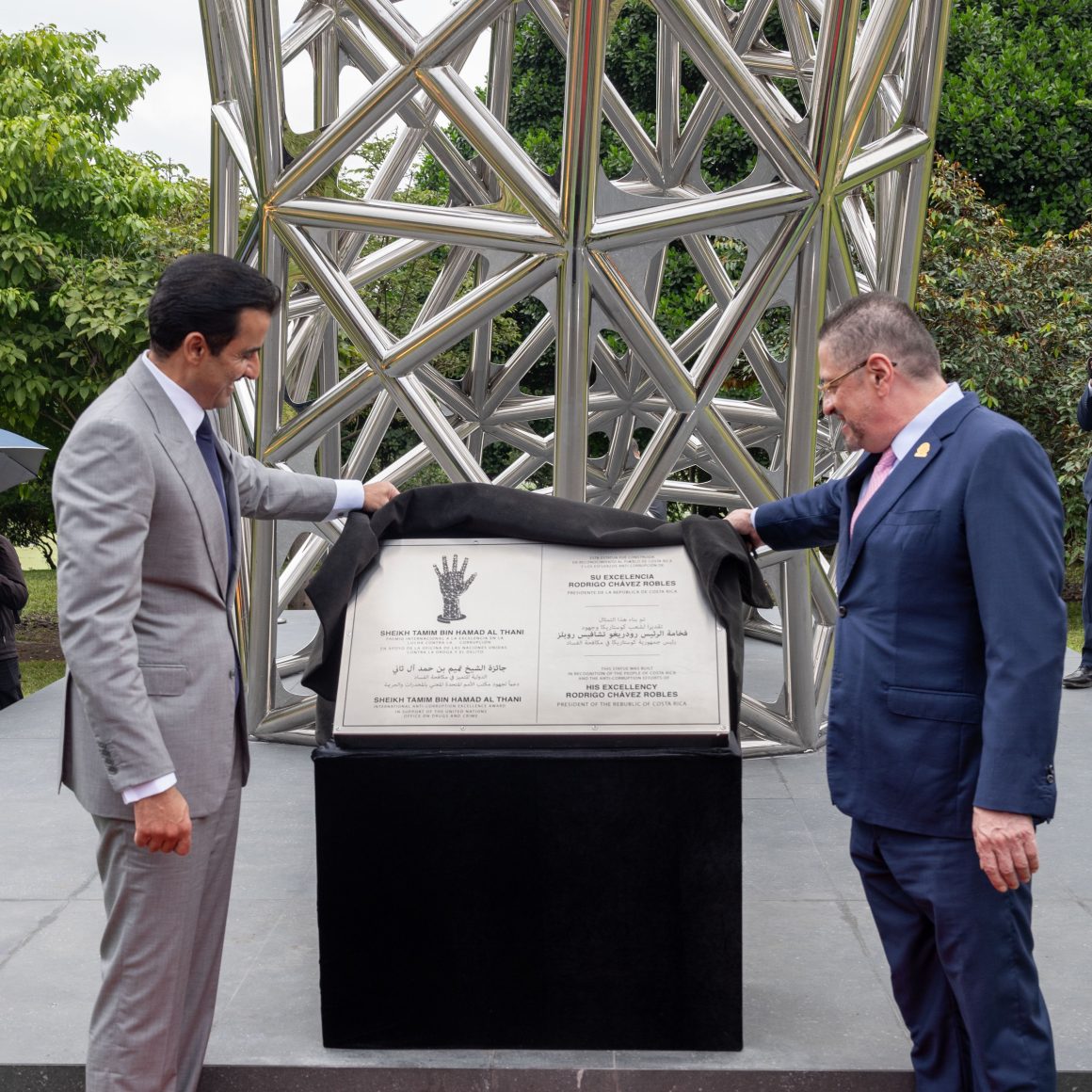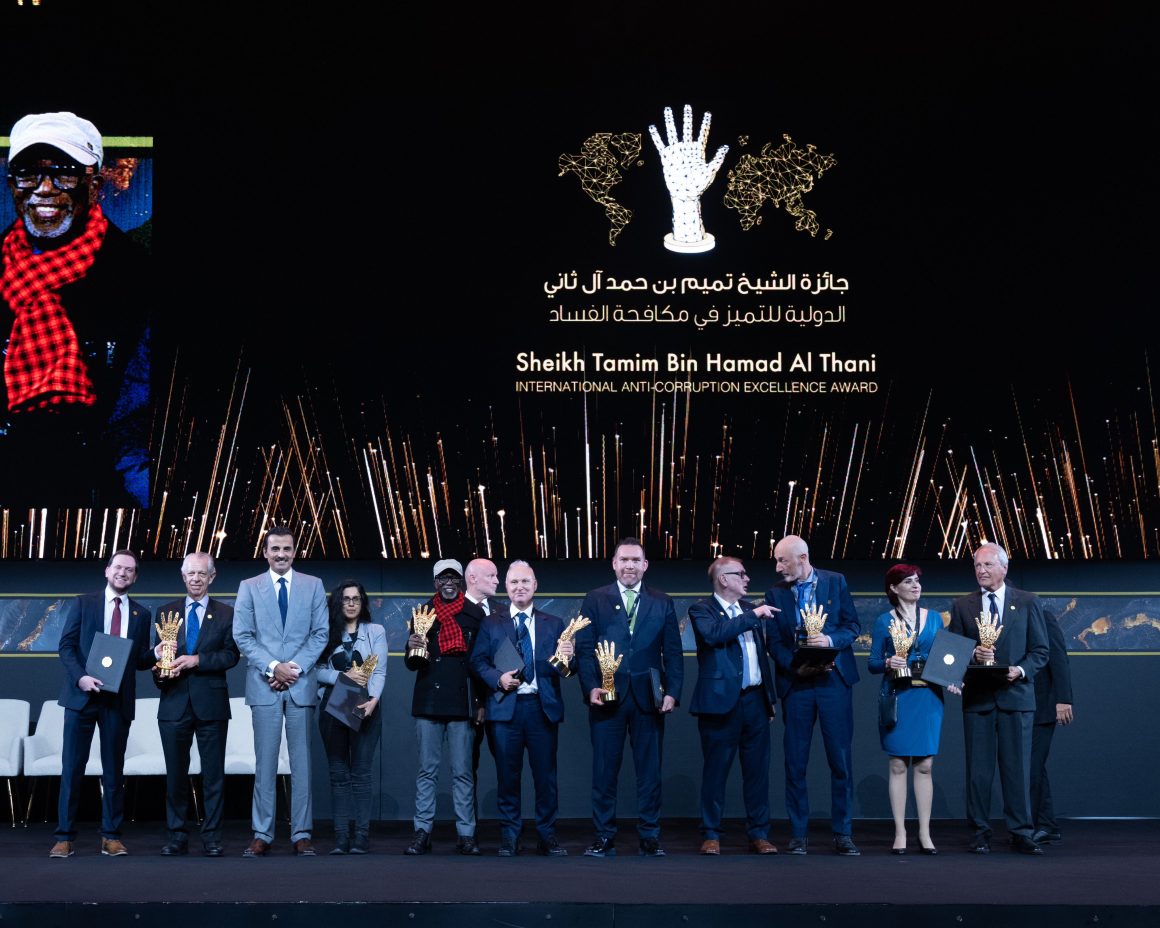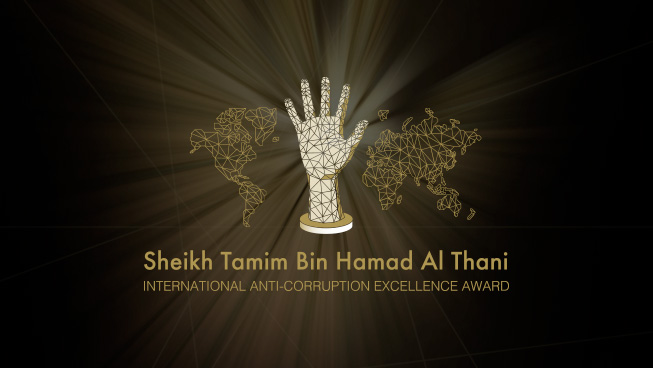The Sheikh Tamim bin Hamad Al Thani International Anti-Corruption Excellence Award has once again highlighted global efforts to combat corruption and promote transparency.
The eighth edition of the award ceremony, attended by the Amir Sheikh Tamim bin Hamad Al Thani, was held at the National Conference and Convention Center in San Jose, Costa Rica.
The event, in collaboration with the United Nations, was graced by the presence of Costa Rica’s First Vice President Stephan Brunner Neibig and other dignitaries, underscoring the international significance of the initiative.
Earlier, Sheikh Tamim and Costa Rican President Rodrigo Chaves Robles unveiled the Anti-Corruption Excellence Award monument at Parque Espana.

The monument stands as a symbol of global commitment to transparency and the fight against corruption, reinforcing the importance of collective action in tackling these issues.
First launched in 2016, the award reflects Qatar’s dedication to addressing corruption on a global scale.
Over the years, it has served as a platform to recognise outstanding contributions by individuals and organisations in promoting good governance and accountability.
This year’s ceremony included a documentary showcasing the history of the award and the achievements of the latest honorees, highlighting the transformative impact of their work.
Awards were presented in five categories by the Amir and the First Vice President Brunner.
Honorees included Dr. Muna Buchahin for Lifetime or Outstanding Achievement in Anti-Corruption; Professors Robert Klitgaard and Alberto Vannucci for Academic Research and Education; Dr. Rodrigo Arias Grillo and Professor Elias Bantekas for Safeguarding Sports from Corruption; Khadija Sharife for Innovation or Investigative Journalism; and Gayo James Mpuya alongside the Mejor Mexico organisation for Youth Creativity and Engagement.

Brunner congratulated the recipients, emphasising Costa Rica’s and Qatar’s shared commitment to fostering transparency and integrity.
He acknowledged the support of international frameworks, including the United Nations, in advancing anti-corruption initiatives.
Similarly, Alexander Zouev, United Nations Assistant Secretary-General for Rule of Law and Security Institutions, praised the award as an essential platform in combating corruption and its broader links to organised crime, illicit resource exploitation, and human trafficking.
Prominent voices like Ali bin Fetais Al Marri, UN Special Advocate for the Prevention of Corruption, highlighted the award’s role in promoting sustainable development and good governance.
Other speakers, including Mohammed bin Saif Al Kuwari of Qatar’s National Human Rights Committee and experts from academic institutions, stressed its importance in raising awareness and fostering international collaboration.
By promoting transparency and accountability, the award continues to address corruption as a critical global challenge, driving progress towards sustainable development and justice.







